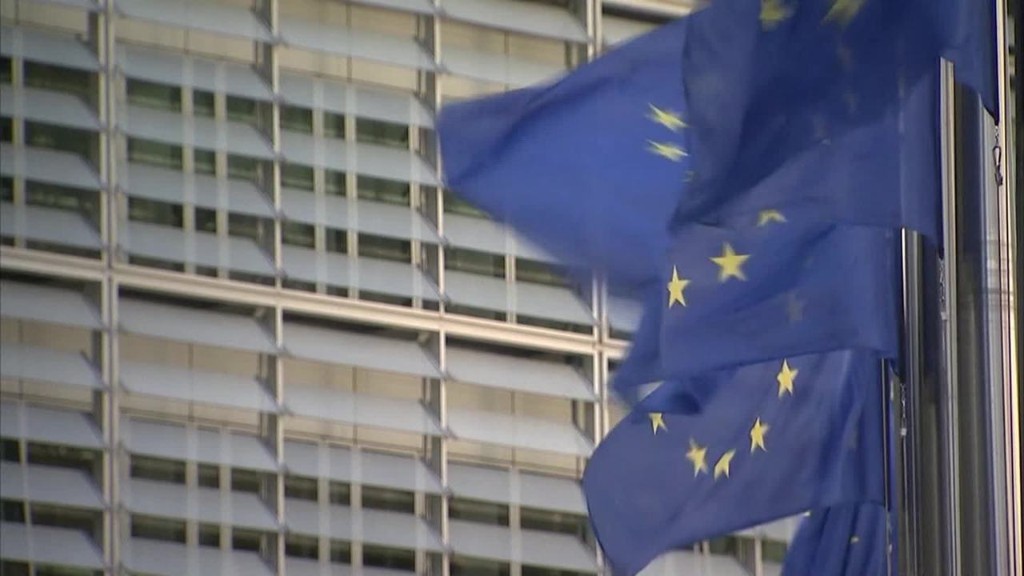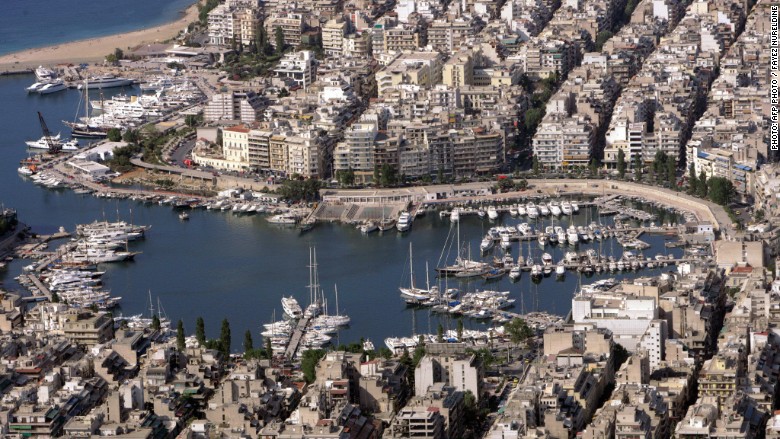
The Acropolis is not for sale, but other valuable Greek assets might be.
The Greek government agreed to transfer up to 50 billion euros ($55 billion) worth of assets to an independent fund as part of the $96 billion bailout deal with Europe. The trust's goal will be to generate cash by either selling these assets or by turning them around into money-making enterprises.
The program must be approved by the Greek parliament by Wednesday if Greece wants to receive any additional bailout money.
Greek banks, electrical and utility companies, airports and ports are likely to be included on the list of assets, as are some tourist resorts and land developments currently owned by the government.
The partly state-owned telecommunications company OTE, Greece's Public Power Corporation, and the Independent Power Transmission Operator (ADMIE) are among the enterprises the government might put up for privatization.
Previous governments were also looking at selling its 35.5% stake in the Hellenic Petroleum, which operates three refineries in Greece, and its 90% stake in the Hellenic Post.

Greek crisis: Complete coverage
The idea to sell Greek assets to raise funds is not new. A series of privatizations was among the conditions of Greece's previous bailout agreements. But the process did not run smoothly and raised far less than the government had hoped for.
"The privatization program has been a huge disappointment of the previous bailouts," said Raoul Ruparel, the co-director of Open Europe think tank.
Analysts are warning about the ambitiousness of the program. Many Greek assets have lost value in the last five years as the crisis wiped off 25% of Greece's GDP.
The original target for all privatizations was to raise 50 billion euros by 2019. It was later revised to 22 billion euros by 2020. But the agency leading the first wave of privatizations, the Hellenic Public Asset Development Fund, has so far only raised 3.5 billion euros.
One of the few successfully completed privatizations was the 2013 sale of OPAP, the Greek betting agency, to a group of investors from the Czech Republic, Greece, and Russia.
Related: Greek crisis sparks bargains on island villas
The new plan expects 25 billion of the 50 billion euros raised by this fund to be poured into Greece's struggling banks, with 12.5 billion used to pay off debt, and the remaining 12.5 billion to boost the economy through investment.
"It will likely take some time for this fund to generate any real revenue and it will stoke political tensions," Ruparel said.
But Greek Prime Minister Alexis Tsipras was elected largely on a promise to stop and reverse high-profile privatization of valuable state-owned assets. When his radical left party Syriza came to power, it suspended most planned privatizations.
But his government now needs a lot of money very fast, which forced him to agree to the tough conditions. He convinced the creditors the trust should be established in Greece, rather than abroad, and should be run by the Greeks -- although he was not able to avoid the presence of European monitors.


